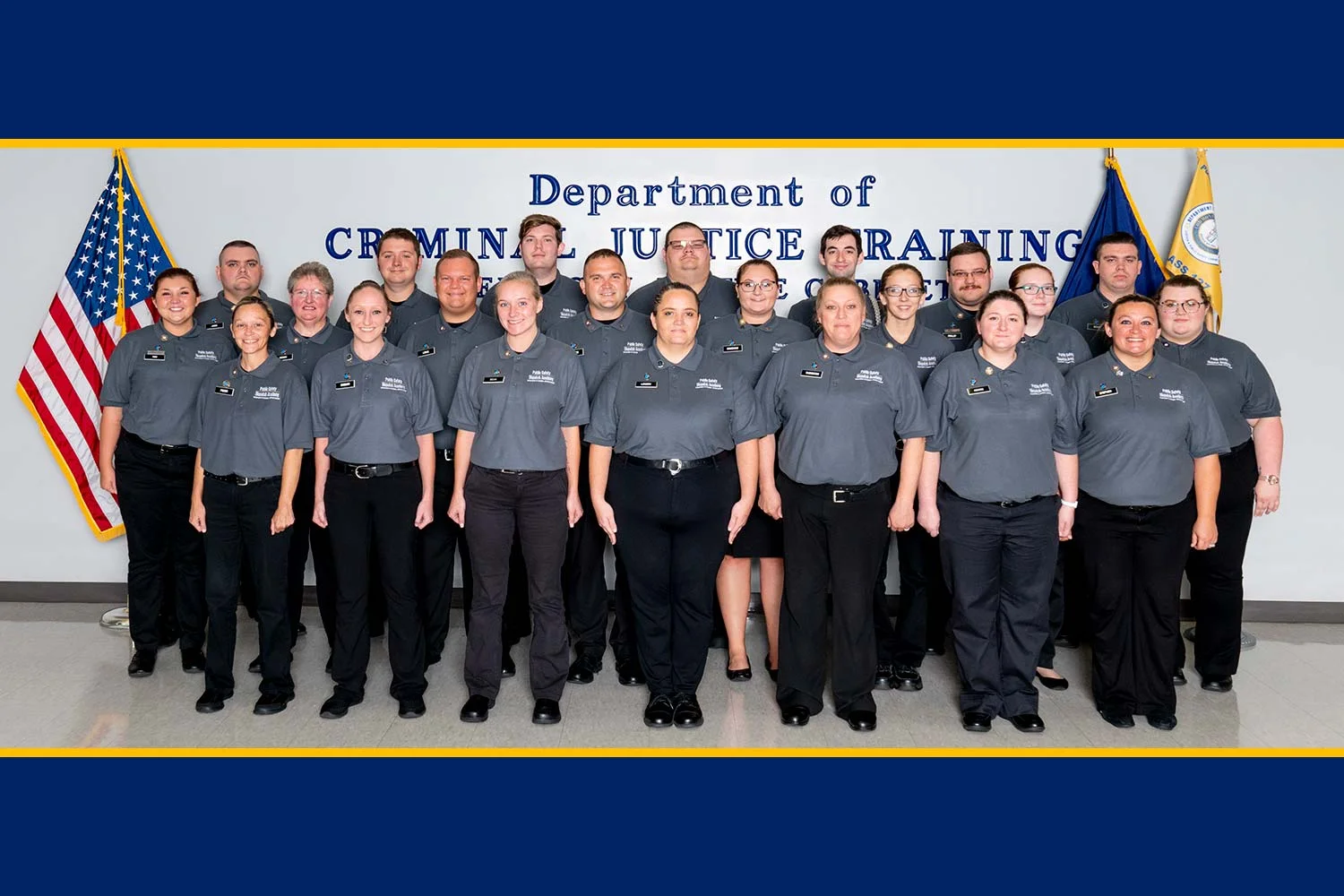Trauma-Informed Police Interview Effectiveness
How does trauma affect crime victims? And how does that trauma influence their perceptions of the crime?
These topics will be addressed in a new course, Victim Centered Interview Training for Sexual Assault Investigators, at DOCJT this fall.
Trauma may explain why a robbery victim states that the gun he was robbed with was three feet wide, or why a sexual assault victim is unable to recall what a suspect was wearing or where the assault occurred.
The effect of traumatic events on a victim’s ability to accurately recall and relay that information to law enforcement varies widely from victim to victim. The current practices of law enforcement regarding interviews of victims and witnesses is based on many early 20th century practices.
The one thing police do more than almost anything is interview people. Standard police training has consolidated the functions of interviewing and interrogation. This is problematic because interrogation techniques can sometimes increase re-victimization and cause further trauma to victims. To minimize re-victimization, the same guidelines used in officer-involved critical incidents should be integrated into interviewing victims of trauma so that the best information can be obtained.
Police departments should increase their training for officers to ensure that interviewing is completed in a trauma-informed and victim-centered approach.
Background of police interviewing
The standard interview practice has been to obtain the who, what, when, where and why of an incident. The collection of that information is often obtained in the form of what is called “Just the Facts ma’am,” to paraphrase Jack Webb as Detective Sgt. Joe Friday on the 1960s television show “Dragnet.”
The understanding needed in law enforcement or any endeavor requires more than just the facts. Criminal intent is often part of the criminal charge as well as the mental state of the victim – the person in fear of threat or harm. The acceptance of the standard/traditional methods of interviewing provides some information, but standard practices may not be effective in obtaining sufficient information from crime victims. The merging of interviews into one topic of interview and interrogation is, in my opinion, one of the main problems in effective law enforcement interviews.
The law enforcement community has known for some time that the interviewing of victims/witnesses of traumatic events required a different approach. The Cognitive Interview (CI) was developed to understand better retrieval of information instead of just how memory is stored.
The use of CI with children was shown to have provided greater recall accuracy evidenced by the obtainment of 21 percent more correct information than standard interview practices, according to an article by Amina Memon and Ray Bull, “The cognitive interview: Its origins, empirical support, evaluation and practical implications.”
The experience of sights, sounds and environmental factors can allow for greater recall in children and adults. The experience of child abuse investigators showed that once they were trained in techniques, the victim interviews were of such quality that there was a marked increase in guilty pleas.
These methods for trauma-informed interviewing had results that showed CI for adults could be more effective in providing detailed information to investigators. The information provided by these interview methods can be valuable to not just criminal investigations, but also anyone who needs a more comprehensive picture of a situation. Many officers/investigators have intuitively known this for many years and have widened the scope of their investigative questions.
The need to have more consistent and effective interviewing techniques has given rise to a focus on the use of cognitive interviewing techniques. The reality is that CI may take longer than standard interviews. With all the time-consuming aspects of modern investigation, including travel and locating witnesses, an additional 20 minutes is worth the time and cost for a more-effective interview.
The CI model has been used by specialty crime units for some time but has not filtered out to first-line responders. Law enforcement needs to embrace the use of trauma-informed practices that many child wellness partners have used for years. The incorporation of people’s trauma as part of the interview process will enhance investigative abilities.
The truth of any investigation is the need to conduct quality investigative interviews as soon as possible after a criminal event. It is not beneficial to have victims who have suffered extreme trauma express thoughts and feelings relatively close to the event. However, it is important to understand that, like other professions, law enforcement should not cause more harm to victims or witnesses that have already experienced a traumatic event. The majority of people have never had any interaction with law enforcement, nor have they been interviewed by them. Most people only know what they have seen in movies or TV.
How we treat people who have been exposed to trauma will yield better outcomes when we use methods that show officers as less threatening and supportive. Acknowledging and understanding that trauma has an impact on victims can lessen the stress of an investigation.
Victim Centered Interview Training for Sexual Assault Investigators will be taught in Richmond Nov. 11-15, in northern Kentucky Oct. 28-Nov. 1 and in Louisville Dec. 9-13.





